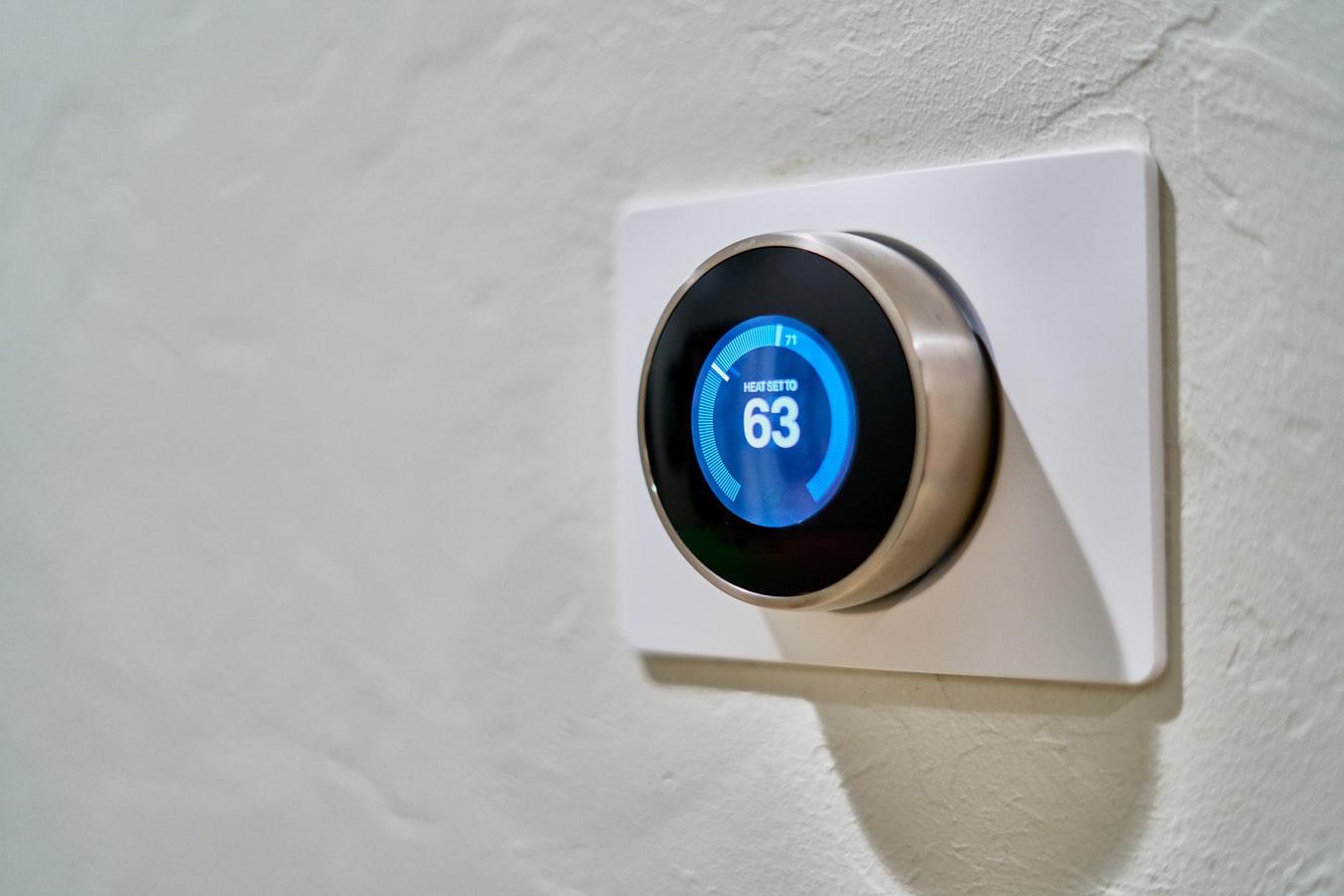Business Energy Broker
The Government and Ofgem have worked together to publish a plan to revolutionise how consumers use and pay for their energy.
Net-Zero is a target that requires everyone’s contribution. It is not just about changing generation sources from fossil fuels to renewable and low-carbon alternatives. Consumers are critical to making impactful changes to when and how we consume and pay for energy. The Government and Ofgem have therefore published their plan to help revolutionise consumer actions.
Consumers can benefit from affordable energy bills whilst contributing to a cleaner future by making alterations to how they use energy. Statistics from Carbon Trust indicate that both residential and commercial consumers could save £16.7 billion on energy by 2050.
Once we hit the huge milestone of becoming a net-zero country consumers play an active role in maintaining that status. There are already great incentives in place to make impactful changes such as switching to an EV (Electric Vehicle) or purchasing more efficient appliances that provide a mutual benefit. While these are contributing to gaining that net-zero target now there will be additional changes and technologies required from consumers for the future.
In a net-zero future, consumers will need access to smart technologies and incentives to consume at non-peak periods and avoid an unbalance of supply and demand. The challenge is that many consumers use energy at the same time but, with the assistance of smart technologies, consumers should not notice a difference in their usage and see reduced bills where they have lower rates at non-peak periods.
Today we typically pay a fixed unit rate for any period in the day however, a future full of electric vehicles means more consumption which calls for flexibility. New energy contracts will be rolled out over the next couple of years which enable consumers to take advantage of a flexible grid where they can get the lowest rates in non-peak periods.
Following these new contract roll-outs, companies are expected to offer consumer-friendly technologies which automate the process of consuming at cheaper rates throughout the day. Appliances such as fridges and freezers, that are required to be on 24/7, can utilise this technology by optimizing consumption throughout the day so it is always on for the cheapest price. EVs can even use new V2G technology to earn money from the grid.
While these implementations may be slow as suppliers and companies build the trust of consumers to show that their new tariffs and technologies work they will provide outstanding results for energy costs and our environment. The more consumers taking advantage means the more everyone will benefit as a mutual incentive. This revolution is not just for saving and technology savvy consumers.
Ofgem has also considered those consumers in vulnerable conditions that may be disadvantaged by these changes. In these cases, price regulation ensures fair treatment and avoids energy bill increases.

More information is available by speaking to Jason Thackray on 0333 9000 246 or email :
jason.thackray@utilityswopshop.co.uk